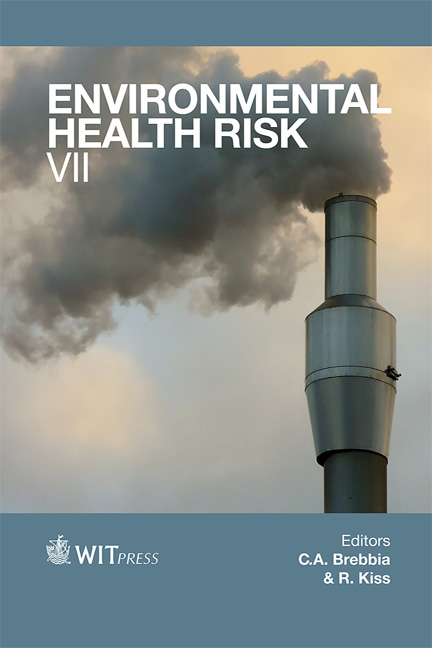Place Based Education In The Context Of Waste-related Implications On Health And Welfare Among Bedouin Arab Communities In The Israeli Negev
Price
Free (open access)
Transaction
Volume
16
Pages
11
Page Range
199 - 209
Published
2013
Size
176 kb
Paper DOI
10.2495/EHR130171
Copyright
WIT Press
Author(s)
O. Ben-Zvi Assaraf, J. Cwike, W. Sedawi & G. Tsofit
Abstract
Waste and its proper management is a central environmental issue that is currently confronting countries around the world. Uncontrolled waste production and disposal can cause long-term environmental damage to air, water, land, and to the health of humans – most particularly children. Every year, approximately 5.2 million people, including 4 million children, die of waste-related diseases. In Israel, solid urban waste is disposed of primarily in landfills (85%), but the unrecognized Bedouin settlements in the Negev desert do not have access to regular waste disposal. This forces their residents to try and manage their waste themselves by incineration and other unofficial methods such as dumping and use of refuse pits, practices that are proving hazardous to the community’s environment and to its health. Our study is part of an extensive project designed to encourage the use of alternative means of waste disposal and technologies for recycling and generating bio-gas and to provide Bedouin women with the knowledge of this technology along with its health benefits. While an earlier study was focused on the adult patterns and perceptions in dealing with environmental waste, this one focuses on those of the community’s children, who are active participants in the disposal of domestic waste, and who are therefore also exposed to its hazards. The goal of this study is to develop an elementary school curriculum to provide students with the knowledge and cognitive skills to cope with environmental hazards that they are exposed to in their local environment with an emphasis on waste. Keywords: waste hazards, health education, place based education.
Keywords
Keywords: waste hazards, health education, place based education.





